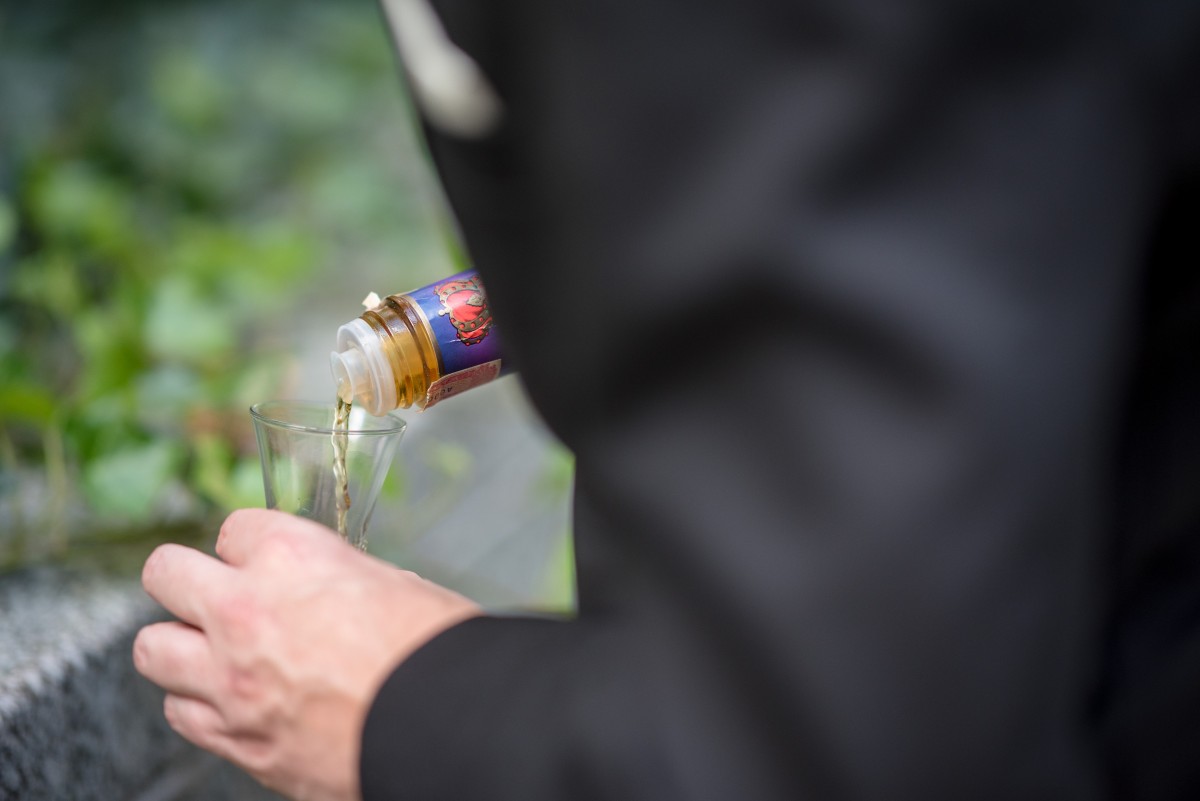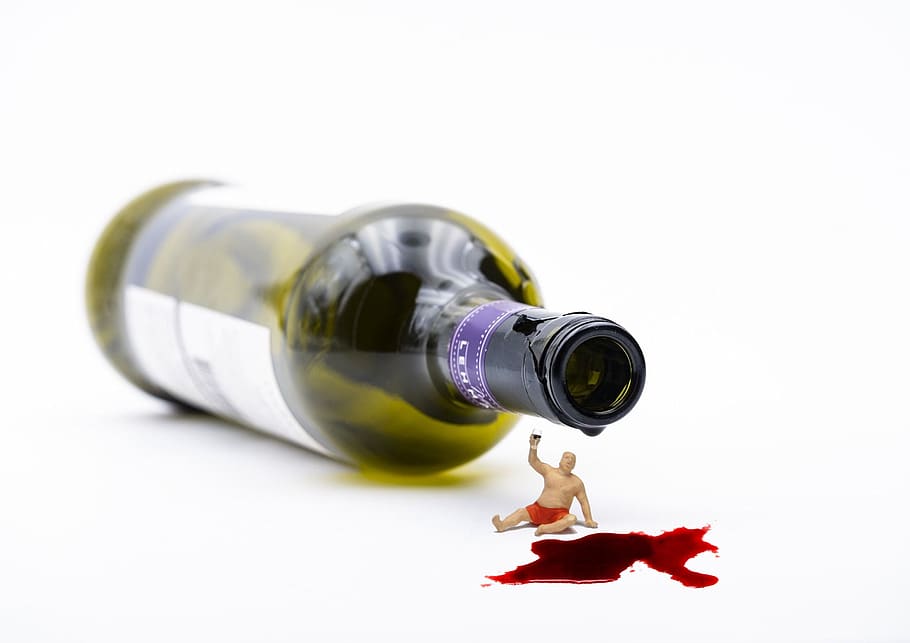A Guide to Understand and Diagnose Alcohol Dependence
Hey there, friend! Today, we’re delving into a serious topic – alcohol dependence. It’s important to remember that you’re not alone in this journey, and understanding the signs and diagnosis process can be a big step toward seeking help and making positive changes. So, grab a cup of your favourite brew, take a deep breath, and let’s explore how to diagnose alcohol dependence together.
What is Alcohol Dependence?
First things first, let’s get on the same page about what alcohol dependence actually means. Alcohol dependence, often referred to as alcoholism, is a chronic condition where your body and mind have become reliant on alcohol. It’s more than just enjoying a drink – it’s when drinking becomes a central part of your life and you can’t control the urge to consume it.
Recognizing the Signs

Now, let’s talk about the signs that might indicate alcohol dependence. Remember, everyone’s experience is unique, and not everyone will display all of these signs. However, if you or someone you care about is exhibiting several of these behaviours, it might be time to seek help:
Increased Tolerance: You find that you need to drink more alcohol to achieve the same effects you used to get with smaller amounts.
Withdrawal Symptoms: When you don’t drink, you experience physical symptoms like shaking, sweating, nausea, and anxiety.
Unsuccessful Attempts to Cut Down: You’ve tried to cut down on your drinking or quit altogether, but find it extremely challenging or impossible.
Loss of Control: You often drink more or for longer than you intended, and have difficulty stopping once you start.
Neglecting Responsibilities: Your work, relationships, and personal responsibilities are taking a backseat to drinking.
Cravings: You frequently have intense cravings or urges to drink.
Social Isolation: You may find yourself withdrawing from social activities you used to enjoy in favour of drinking.
Continued Use Despite Negative Consequences: Even when alcohol is causing problems in your life, you keep drinking.
Diagnosing Alcohol Dependence

Now that you have an idea of the signs, let’s talk about the diagnosis process. If you suspect you or someone you know might have alcohol dependence, seeking professional help is crucial. Here’s how the diagnosis typically works:
Medical Assessment: Start by visiting a healthcare professional – this could be your family doctor, a psychologist, or a psychiatrist. They’ll conduct a thorough assessment, asking about your drinking habits, medical history, and any physical or mental health issues.
Diagnostic Criteria: Healthcare professionals use specific criteria outlined in the Diagnostic and Statistical Manual of Mental Disorders (DSM-5) to diagnose alcohol use disorder, which includes alcohol dependence. These criteria help them determine the severity of the issue.
Open and Honest Discussion: During your assessment, be honest about your drinking patterns and any challenges you’re facing. Your healthcare provider is there to help, not judge.
Physical Exams: Depending on your situation, your healthcare provider might conduct physical exams and tests to assess your overall health, as excessive alcohol use can impact various organs.
Psychological Evaluation: If there are underlying psychological factors contributing to your alcohol dependence, your healthcare provider might recommend a psychological evaluation to better understand your emotional well-being.
The Path to Recovery
If you receive a diagnosis of alcohol dependence, it’s important to remember that recovery is possible. There are various treatment options available, and your healthcare provider will work with you to create a plan tailored to your needs. This might include:
Detoxification: In severe cases, supervised detox might be necessary to manage withdrawal symptoms safely.
Therapy: Cognitive-behavioral therapy (CBT), motivational enhancement therapy, and support groups can provide the tools to manage cravings, triggers, and develop coping strategies.
Medication: Depending on your situation, medication might be prescribed to help reduce alcohol cravings and support your recovery.
Lifestyle Changes: Adopting a healthy lifestyle with regular exercise, a balanced diet, and stress reduction techniques can aid in your recovery.
The Bottom Line
Remember, acknowledging that you might have a problem and seeking help is a brave and positive step. There’s no shame in asking for support – in fact, it’s a sign of strength. Whether you’re facing alcohol dependence yourself or trying to help someone you care about, the journey toward recovery is filled with hope and possibilities.
So, don’t hesitate to reach out to a healthcare professional. Together, we can work towards a healthier and happier you. You’ve got this!



